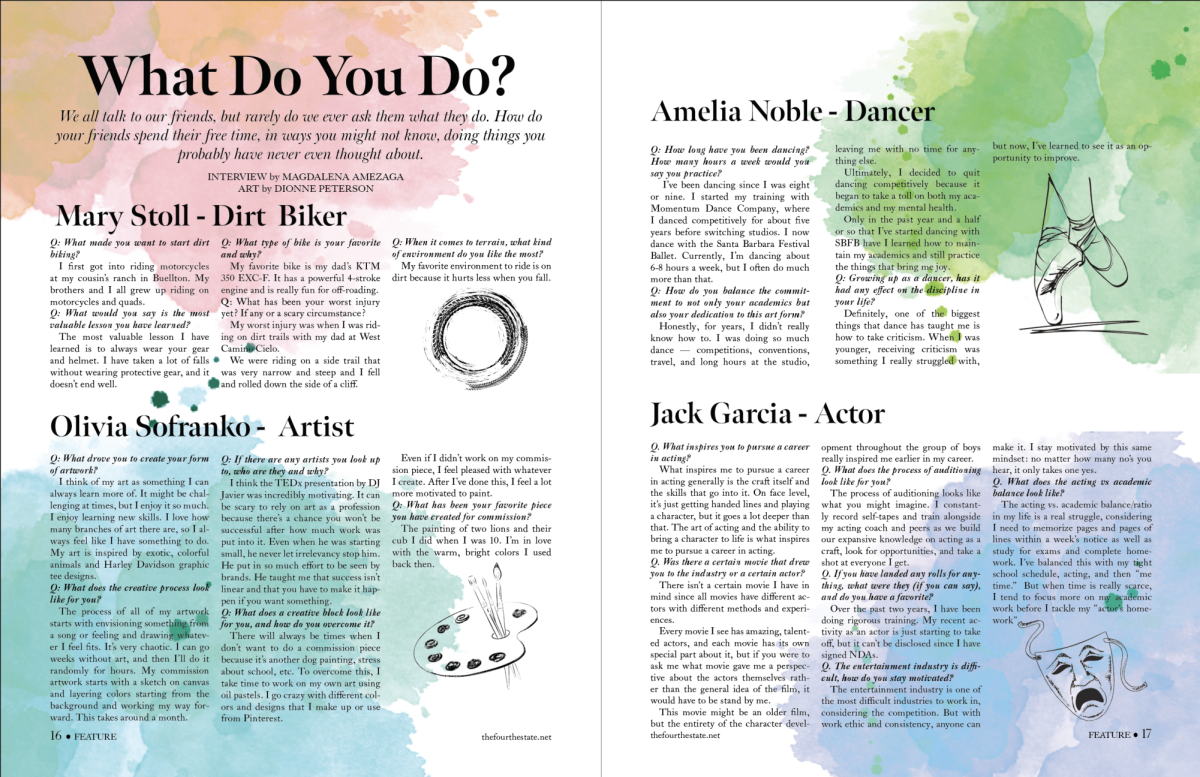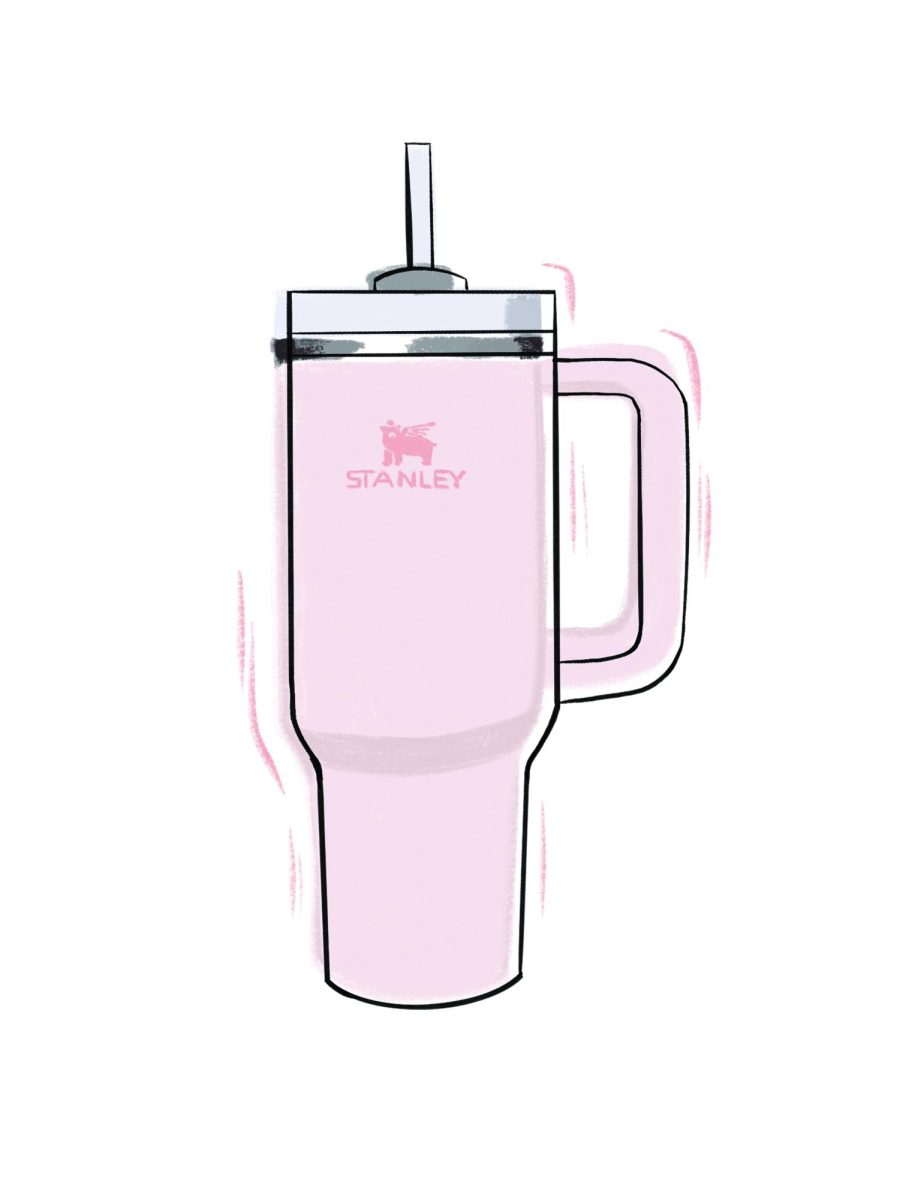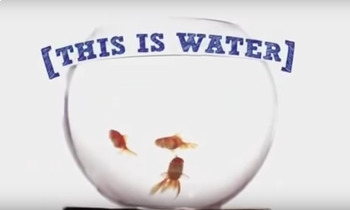When I was younger, my mom and I would read about Marie Curie, Amelia Earhart, and Elizabeth Blackwell before I went to sleep at night. I thought these books were boring, and I really didn’t understand why it was so important that we read them.
I did know that there was no getting out of it. My mom was adamant that I was going to learn about who these women were. “Girl power” was a term often used in my household.
My mom ingrained in my sister and me that to be independent and to maintain the opportunities that I wanted to explore, as a woman, I had to be able to support myself.
I think I could regurgitate this idea before I really valued its meaning, and by the time I was old enough to understand what my mom meant by this, it all seemed too obvious to me.
I didn’t often feel restricted or victimized because of my gender, and an emphasis on female empowerment seemed somewhat unnecessary to me. That is what is most frightening.
While my knowing that, as a woman, it was important that I be able to support myself became muscle memory, my views of how women are treated became a jaded product of a hyper-media consumer.
Jennifer Siebel Newsom’s film “Miss Representation” presented me with an unblurred context.
The film jerked me back to the root of what my mom had always tried to teach me, but it followed the representation of women deeper and farther than I thought this issue ever ran.
The documentary opens with a quote by Alice Walker typed across a blank screen that reads, “The most common way people give up their power is by thinking they don’t have any.”
The documentary goes on to present chilling statistics about the media’s portrayal of women and its impact on young girls and boys.
According to the film American teenagers spend more than 10 hours a day consuming media, most of it filled with content that objectifies women and distorts their bodies.
There is a level of access that never existed before, and we are overwhelmed by advertising.
“In a world of a million channels, people try and do more shocking and shocking things to break through the clutter. They resort to violent images or sexually offensive images or demeaning images,” said Jim Steyer, CEO of Common Sense Media and Lawyer and Professor of Civil Rights.
The pervasive nature of the media is convincing young girls to see themselves as objects and is convincing young boys that their value is fundamentally defined by the power they have. The consequences of the media’s fabrication of this power disparity are immediate and harrowing.
One in four women, according to the film, will be abused by a partner in their lifetime, and one in six women is a survivor of rape or attempted rape.
What I found to be the most sickening is that not only is the media teaching our boys to objectify women, but the media is teaching girls to objectify themselves.
Girls are learning to see themselves as objects. American Psychological Association calls self-objectification a national epidemic.
Women and girls who self-objectify are more likely to be depressed, have lower confidence, lower ambition, and lower GPAs.
According to the film, 65 percent of women and girls have an eating disorder and rates of depression among girls and women have doubled between 2000 and 2010.
US Advertisers are not only supporting this objectification, but they are driving it.
As the documentary dug deeper, what it revealed became increasing repugnant.
Advertisers spent 236 billion dollars in 2009. The exploitation of women in the media is all about capital. It makes marketers and advertisers money. This twisted capital-driven representation of women is sending a message about the capacity of women and is affecting how people respond to women in positions of leadership.
On national television, a FOX News broadcaster asked, “You get a woman in the Oval Office—the most powerful position in the world, what’s the downside?”
The man being interviewed responded, “You mean besides the PMS and the mood swings.”
“Little boys and little girls when they are seven years old in equal number want to be the president of the United States when they grow up, but you ask the same question when they are fifteen and you see this massive gap emerging,” said Heldman.
Women make up 51 percent of the U.S. population, but only 17 percent of Congress.
According to the information presented in “Miss Representation,” at this rate, women won’t achieve parity for 500 years.
Sixty-seven countries in the world have had female presidents or prime ministers.
The United States is not one of them. Cuba, China, Iraq and Afghanistan have more women in government than the U.S. does.
The United States is 90th in the world in terms of women in legislature. Our country is shortchanging the voices of over half our population.
Dr. Condoleezza Rice, PhD, Former US Secretary of State, says in the documentary, “As the most powerful country in the world if you’re not standing for the right values and the right principles, that’s a loss for the world.”
Katie Curic, Anchor for CBS, says, “The media can be an instrument of change. It can awaken people and change minds. It depends on who is piloting the plane.”
Marie Wilson says in the film, “You can’t be what you can’t see.” If the media isn’t portraying a clear view of who a woman is and what women have the capacity to accomplish, how do we expect there to be a shift in how women are treated?
“Miss Representation” calls for women to start telling their own stories—stories in which women are not objects for a man’s adoration, sex drive or exploitation.
Jennifer Newsom’s action was to spread the word. “Miss Representation” is infiltrating the media with a positive image for women, one desperately necessitated.
Our action can be to help her. To join the movement, text REPRESENT to 313131.










